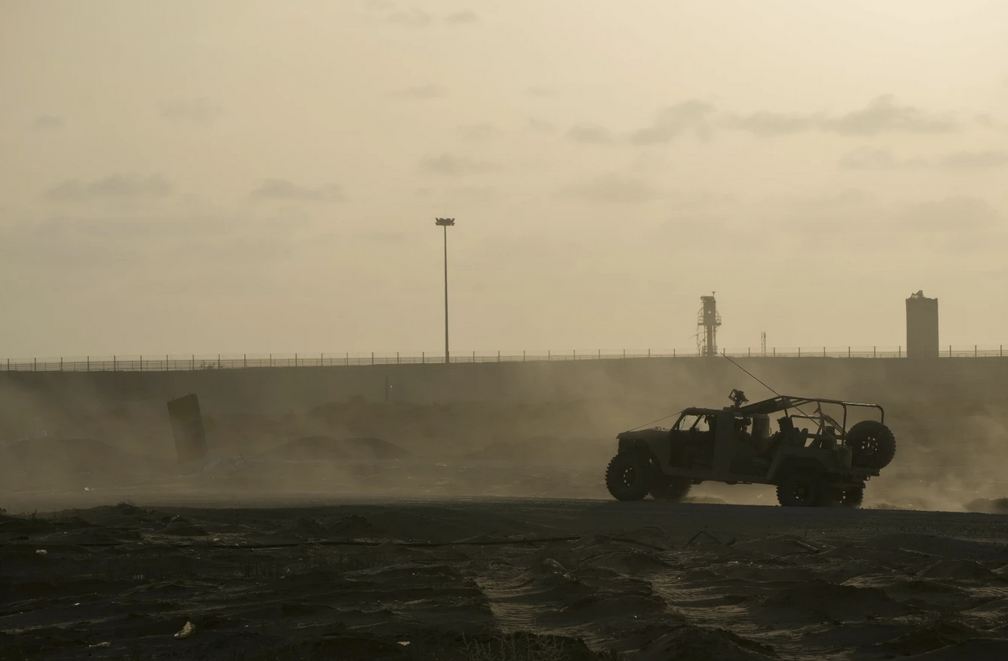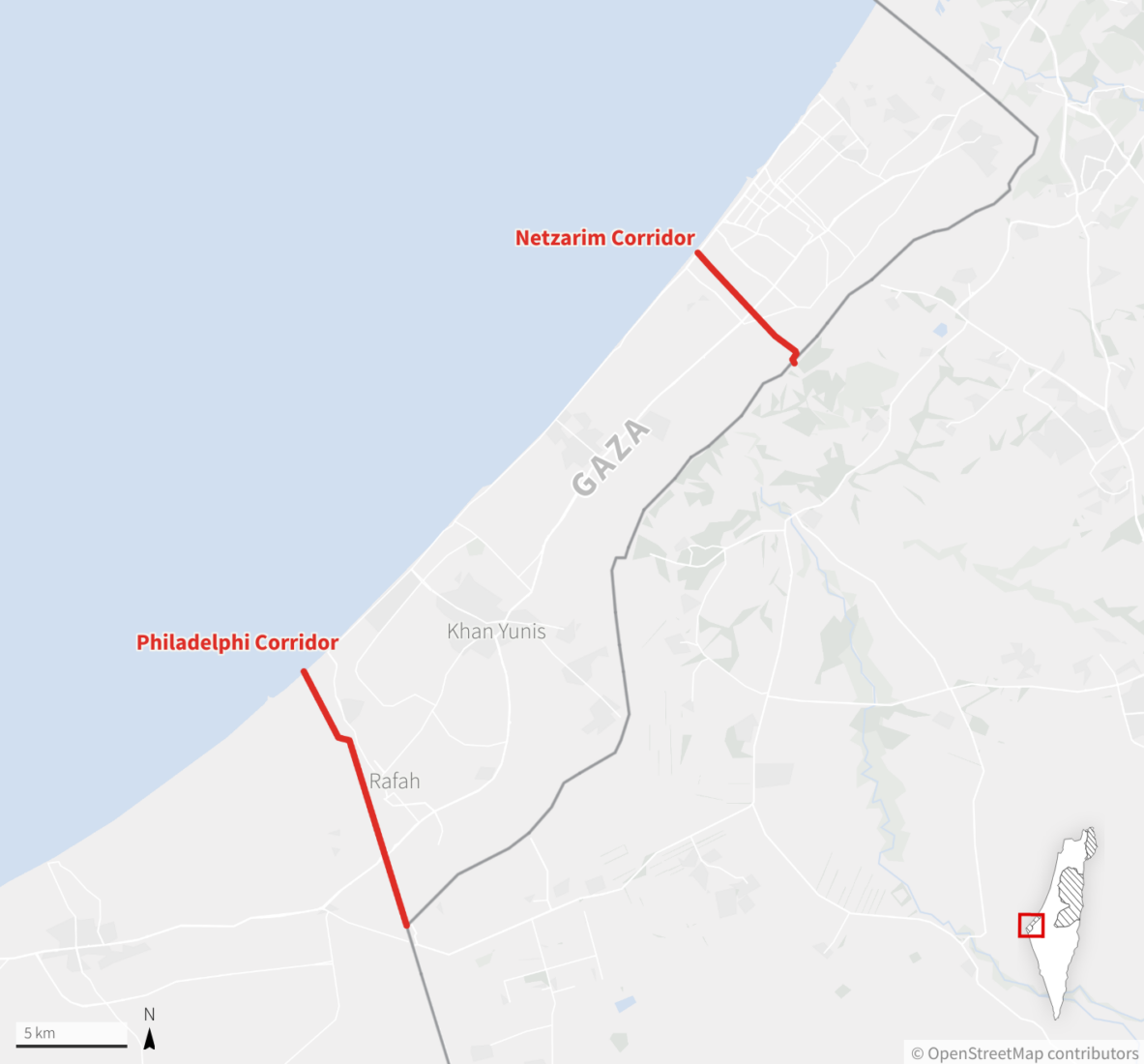
A narrow strip of land along the Gaza-Egypt border known as the Philadelphi corridor has become a critical sticking point in cease-fire negotiations aimed at halting the ongoing conflict between Israel and Hamas.
Israeli Prime Minister Benjamin Netanyahu insists that maintaining control of the corridor is essential to prevent Hamas from rearming through smuggling tunnels, a claim that has stirred intense debate.
Netanyahu argues that controlling the Philadelphi corridor, which includes the Rafah border crossing, is crucial to prevent another attack like the one Hamas launched on Oct. 7, which sparked the current conflict. “Smuggling under this corridor is the oxygen for Hamas,” Netanyahu said, linking it directly to the group's military capacity.

While Netanyahu stresses security concerns, Israeli media and critics have voiced frustration, saying that tunnels under the corridor have not been operational for years.
Israeli military officials, as cited by Haaretz, confirmed that tunnels were sealed from the Egyptian side after 2013.
Critics, including Israeli Defense Minister Yoav Gallant, argue that control of the corridor should be relinquished, at least temporarily, to secure the release of about 100 hostages still held by Hamas.
The debate came to a head after Israel recovered the bodies of six hostages whom the military believes were killed as Israeli forces closed in.
Families of the hostages have led mass protests, accusing Netanyahu of prioritizing military control over saving lives.

Egypt, a key mediator in the cease-fire talks, has firmly rejected any Israeli presence along the Gaza-Egypt border, arguing it would violate the 1979 peace treaty. Egypt has long been opposed to Israeli control of the corridor, viewing it as a threat to its own sovereignty and regional stability.
Although Israel has claimed that its demand for control of the Philadelphi corridor is not new, Hamas and Egypt insist that it was only raised in recent weeks, causing a breakdown in negotiations.
Any Israeli presence within Gaza, particularly in the Philadelphi corridor, is widely seen by Palestinians as an extension of military occupation.
It could also lead to the indefinite closure of the Rafah border crossing, which has served as Gaza’s only gateway to the outside world not controlled by Israel.

Hamas, which seized control of Gaza in 2007, has categorically rejected any Israeli presence along the corridor, as well as in other zones such as the Netzarim corridor, which Israel claims is needed for security checks on Palestinians.
International mediators, including the U.S., have not taken a clear public stance on the Philadelphi corridor, though President Joe Biden’s earlier proposal for a cease-fire included a complete Israeli withdrawal.